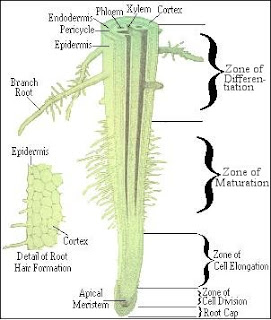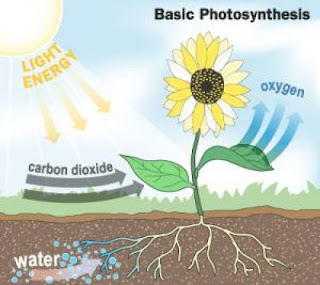Cacing tanah dapat memperbaiki sifat kimia tanah baik secara langsung (direct effect) maupun tidak langsung (indirect effect).
Pengaruh Langsung:
Cacing tanah dapat membantu dalam sirkulasi unsur hara dalam tanah. Mobilitas cacing tanah dalam sistem tanah berlangsung baik secara horizontal maupun vertikal. Mobilitas secara vertikal menyebabkan terjadi sirkulasi unsur hara dari sisitem tanah bagian lebih dalam ke sistem tanah bagian atas dan terjadi juga sebaliknya. Sirkulasi unsur hara tersebut sangat menguntungkan bagi memenuhi kebutuhan unsur hara tanaman. Tanah dengan populasi cacing tanah yang lebih banyak mempengaruhi terhadap peningkatan ketersediaan P bagi tanaman. Selain itu juga terjadi peningkatan pH tanah.
Cacing tanah dapat membantu dalam proses dekomposisi bahan organik yang ada dalam tanah. Proses dekomposisi tersebut akan dibebaskan berbagai unsur hara yang menjadi lebih tersedia bagi tanaman.
Pengaruh Tidak Langsung:
Pengaruh tidak langsung dari cacing tanah terhadap perbaikan sifat kimia tanah, dikelompokkan dalam dua kategori, yaitu:
(1) Pengaruh tidak langsung Intern sistem tanah.
(2) Pengaruh tidak langsung melalui proses tambahan diluar sistem tanah.
Pengaruh tidak langsung Intern sistem tanah merupakan perbaikan kimia tanah karena integrasi dari berbagai perbaikan fisiko-kimia tanah, kimia-biologi tanah, dan fisik-kimia-biologi tanah. Pengaruh Integrasi dalam intern sistem tanah mempercepat proses perbaikan sifat tanah.
Pengaruh tidak langsung melalui proses tambahan diluar sistem tanah merupakan pengaruh dari penggunaan dari proses pemanfaatan cacing tanah dalam merombak bahan organik menjadi pupuk organik yang dapat memperbaiki sifat kimia tanah. Proses ini dikenal sebagai "Vermikomposting". "Vermikomposting" merupakan proses pembuatan pupuk kompos plus dengan memanfaatkan aktivitas cacing tanah. Pupuk kompos yang dihasilkan dari proses ini disebut pupuk "Vermikompos".
Earthworm Role of Improved Soil Chemical Properties:
Earthworms to improve soil chemical properties, either directly (direct effect) or indirectly (indirect effect).
Direct Effect:
Earthworms can help in the circulation of nutrients in the soil. Mobility of earthworms in the soil system took place both horizontally and vertically. Mobility vertically causing the circulation of nutrients from the soil sisitem deeper into the system of topsoil and there is also vice versa. Circulation of nutrients is very beneficial to meet crop nutrient needs. Soil with earthworm population more influence on the increased availability of P for plants. There has also been increasing soil pH.
Earthworms can help in the process of decomposition of organic material present in the soil. The process of decomposition will release various nutrients become more available to plants.
Indirect Effect:
Indirect influence of earthworms to improve soil chemical properties, are grouped into two categories, namely:
(1) Effect of Internal indirect land system.
(2) an indirect effect through additional processes outside the system ground.
Internal indirect effect is an improvement system of soil chemical properties due to the integration of various physico-chemical soil improvement, soil chemistry, biology, and physical-chemical-biological soil. Effect of internal integration within the soil system to accelerate the process of improving soil properties.
Indirect effect through an additional process beyond the land system is the influence of the use of earthworms in the process revolutionized the use of organic materials into organic fertilizer to improve soil chemical properties. This process is known as "Vermikomposting". "Vermikomposting" is the process of making compost plus fertilizer by utilizing earthworms activity. Compost produced from this process is called manure "Vermikompos".



Comments
Post a Comment
Isi Komentar kamu untuk Posting ini!!